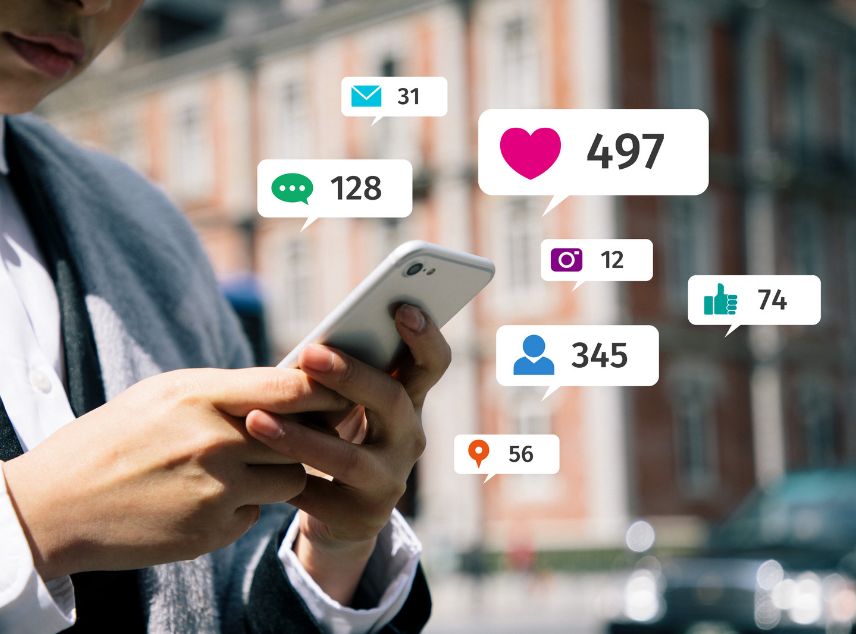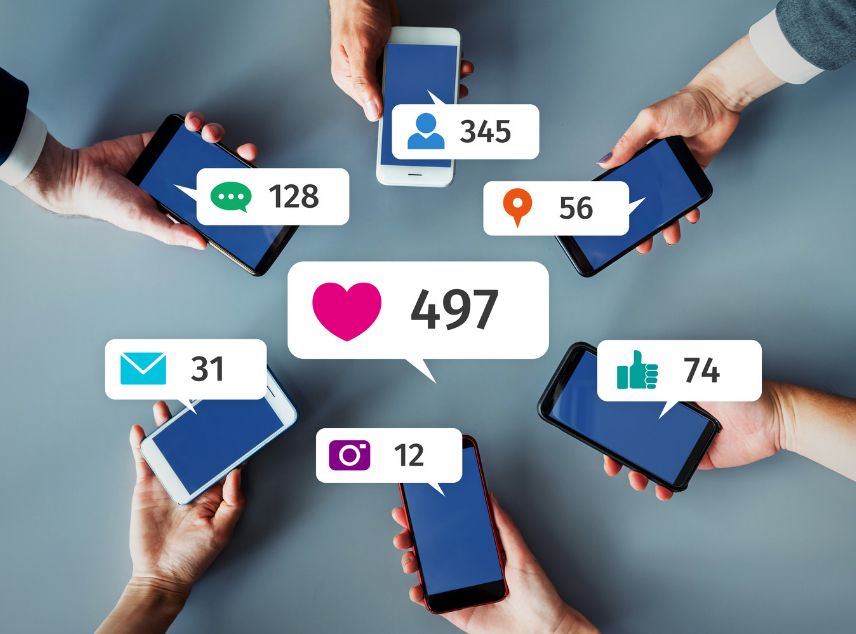Blogging has been connected to influencer marketing for some time now. There are many highly influential blogs on the internet. If a popular blogger positively mentions your product in a post, it can lead to the blogger’s supporters wanting to try out your product.
Many bloggers have built up sizable followings in specific sectors. For instance, there are highly influential blogs about personal development, finance, health, child rearing, music, and many other topics, including blogging itself. The key thing successful blogs have in common is the respect of their readers.
A variation on having a blogger write something that recommends your product is to participate in guest posting. If you can grab a guest posting spot on a large blog, you can control the content, and you will normally be allowed to place a link to your own site in your author bio.
If a blog is large and influential enough, you may be able to buy a sponsored post on their site. This allows you to either write a post yourself or heavily influence the blogger to write a post on your behalf. Unlike a casual mention in a blogger’s post or a guest post you have written, you will have to pay for a sponsored post (and it is likely to be labeled as such). However, this hasn’t harmed the results for many firms who have sponsored posts on blogs. Generation Z, in particular, seems to be immune to the Sponsored Post tag, and as long as the product aligns with the blog’s core audience, there shouldn’t be a problem.
Of course, a blog is not the only type of popular content on the internet. Another popular type of content is video. In this case, rather than each Videomaker having their own site, most create a channel on YouTube. Brands often align with popular YouTube content creators.
Of course, bloggers and YouTubers rarely rely solely on their existing audiences to just turn up to their site hoping there is new material. They usually promote new posts or videos heavily on social media – which makes most of these bloggers and content creators’ micro influencers as well.





